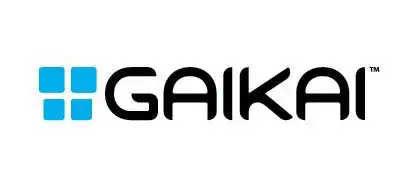E3 Day One – Gaikai
Events
Lots of rumors have been circulating about Gaikai’s alliances in the coming wave of cloud gaming. Some have said the company was looking to start partnerships with major game companies, becoming a provider for full-length games. However, in a small cubicle high above the din of South Hall’s unfettered revelry, two guys stood in front of modestly-sized screens, explaining the effects of streamlining the demo process for video games.
Instead of focusing on delivering a full-length game experience, Gaikai’s representatives firmly denied those rumors and returned to their company’s focus: delivering demos conveniently and quickly. Showing that demos drastically improve the reception and adoption of new games, Gaikai then demonstrated the frustration of actually getting through to a demo in World of Warcraft. After navigating through endless Terms of Service agreements and several hours spent downloading a hefty chunk of the actual game, it would finally allow the player to jump into the demo.
This is by no means an isolated phenomenon. How do game companies maintain interest in new titles if they target consumers with ineffective advertisements? Gaikai’s cloud demo gaming service aims to reduce this process to a mere five minute buffer period, after which your device, whether it be an obsolete computer or a mere tablet, begins accessing a remote computer that plays the game for you, streaming the video instead of relying on expensive processor power.
Forming partnerships with Samsung and LG, limited beta forms of Gaikai will soon be available for consumers to play around with. Gaikai shows that even the processing power gap experienced by gamers without deep pockets will soon be traversed by computers with access to their streaming service. Soon all you will need to play the newest games will be an internet connection and a controller.

